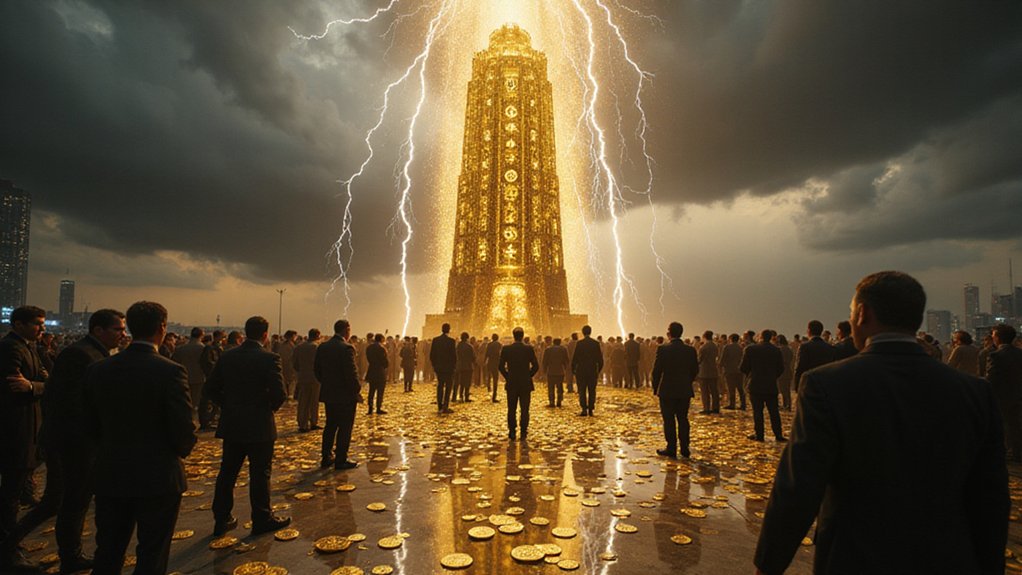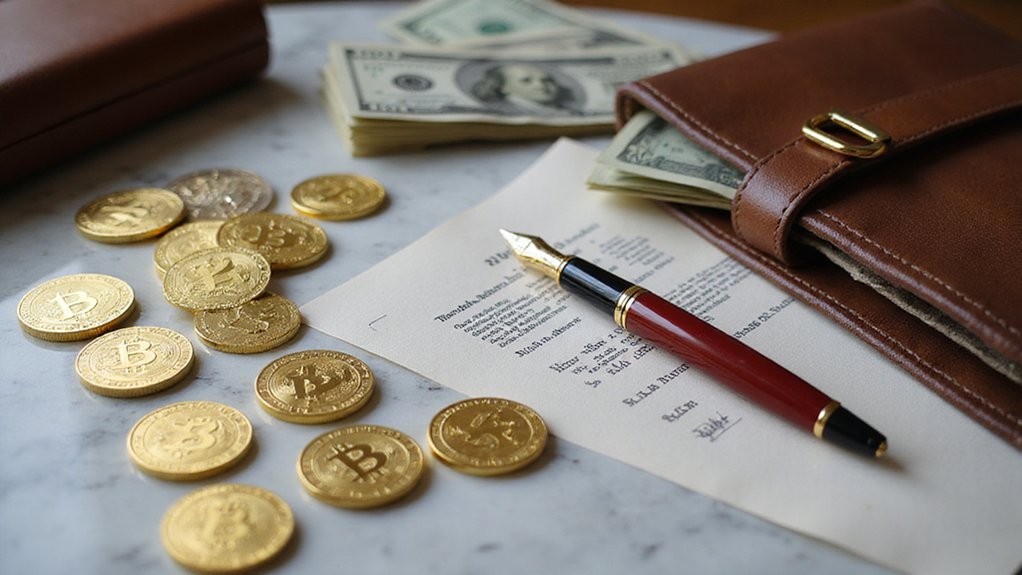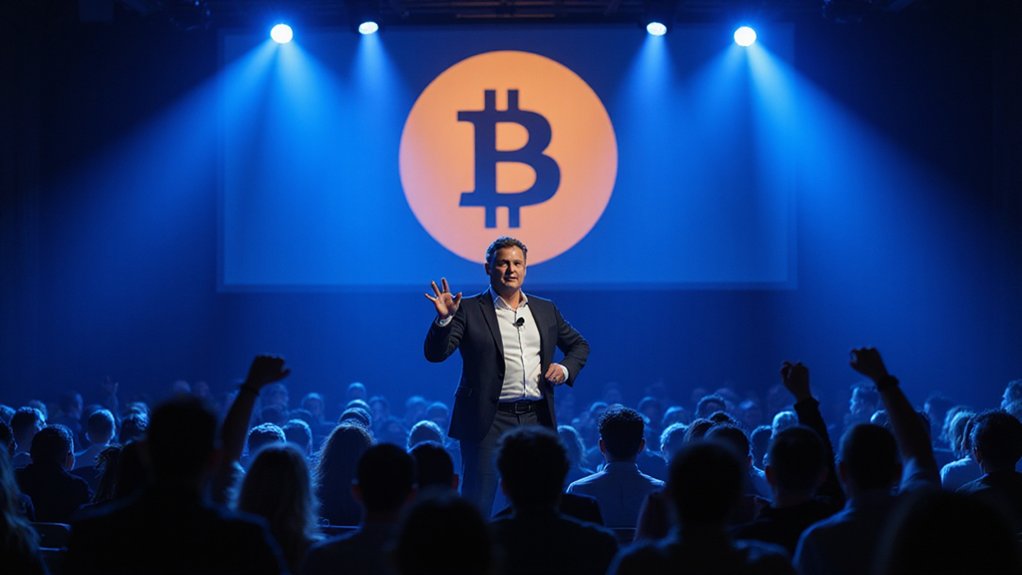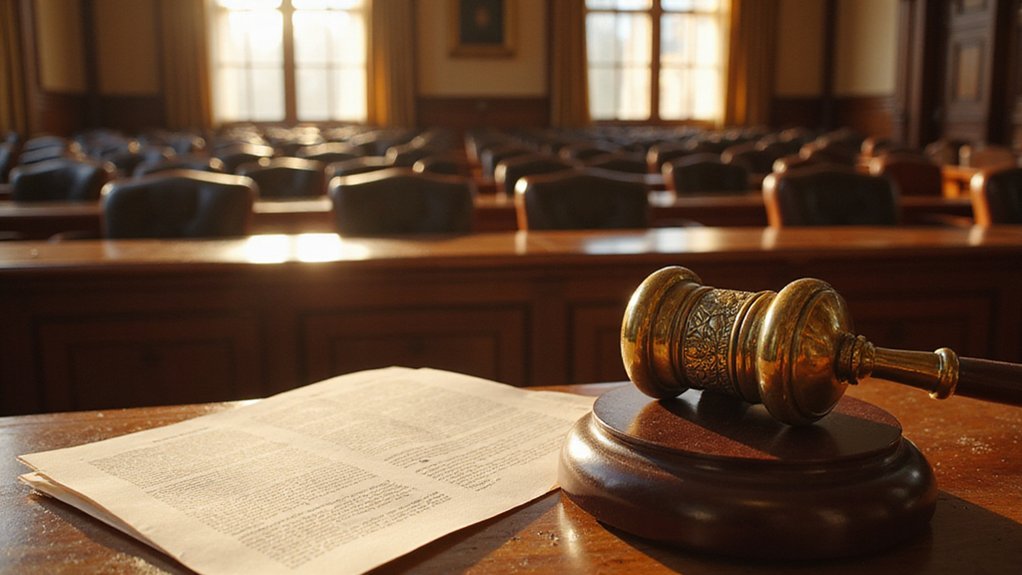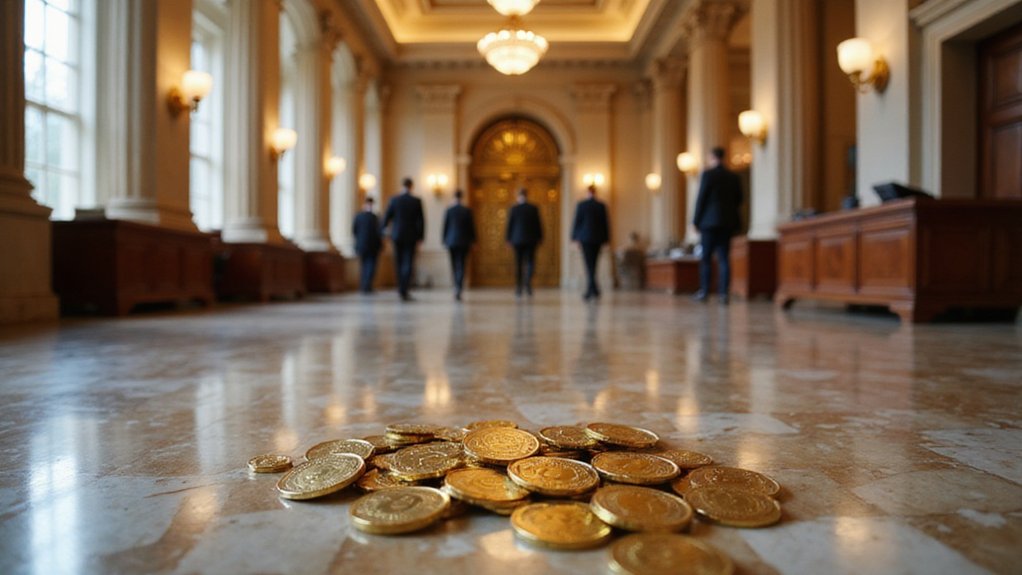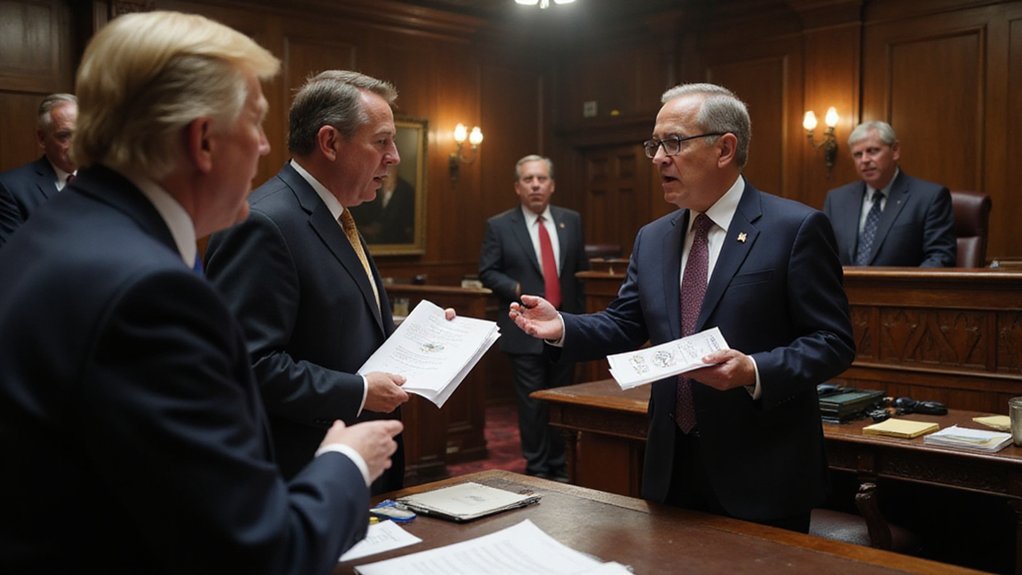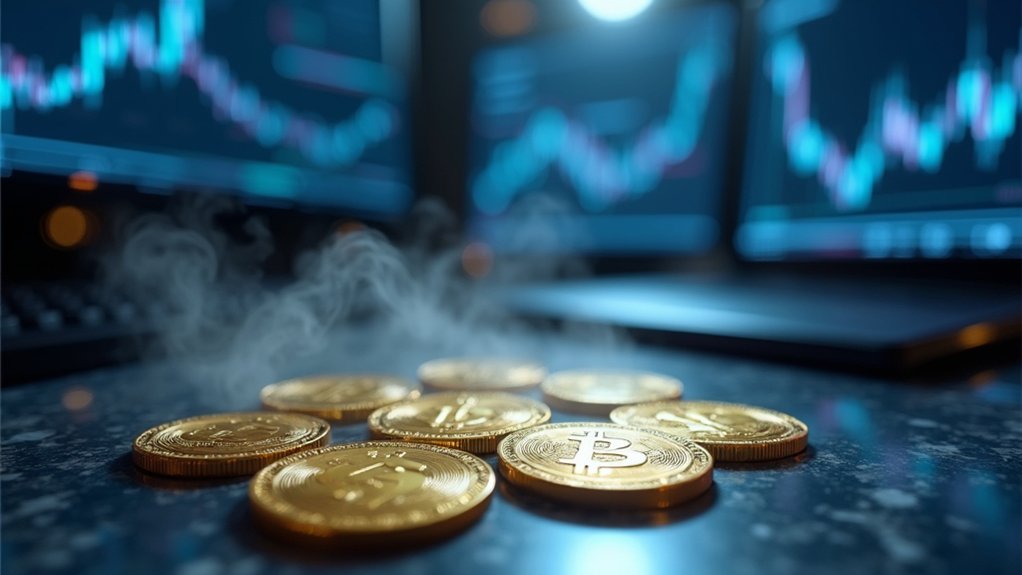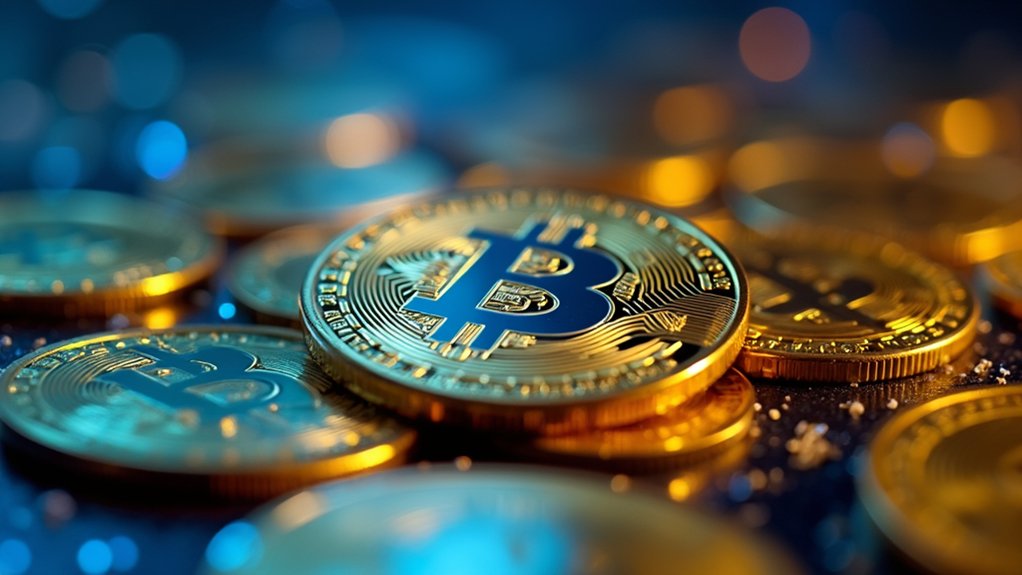Trump’s transformation from real estate mogul to crypto kingpin represents perhaps the most audacious pivot in modern American political-financial history, with the former president’s family net worth swelling by $2.9 billion through strategic investments in digital assets that now constitute nearly 40% of their total wealth.
The portfolio expansion reads like a cryptocurrency fever dream made manifest: $TRUMP and $MELANIA meme coins (because apparently even digital currencies need branding), a substantial stake in World Liberty Financial—a crypto exchange with aspirations as grandiose as its name—and partnerships that would make traditional Wall Street blush.
MGX, an Abu Dhabi-backed firm, plans to inject $2 billion into World Liberty Financial’s stablecoin product, USD1, which will subsequently flow into Binance investments.
One might wonder if geopolitical finance has ever been quite this brazenly transactional.
Bitcoin’s meteoric 60% surge following Trump’s electoral victory demonstrates the market’s faith in regulatory favorability—or perhaps its enthusiasm for potential chaos. The cryptocurrency has reached impressive heights, with Bitcoin prices surpassing $111,000 on multiple occasions as institutional confidence builds.
The administration’s pro-crypto stance manifests through an executive order supporting digital asset growth across economic sectors, while a newly formed working group featuring SEC and CFTC leaders promises the regulatory clarity that crypto advocates have pursued with missionary zeal.
Trump’s appointment of a pro-crypto SEC advisor signals a dramatic departure from Biden-era caution, when officials warned against cryptocurrency’s notorious volatility. The speculative fervor extends beyond traditional cryptocurrencies into meme coins like Dogecoin and Shiba Inu, which blend humor with high-risk investment opportunities that have captured significant investor attention.
The proposed U.S. Strategic Bitcoin Reserve represents perhaps the ultimate validation of digital assets—government endorsement through institutional adoption.
Critics raise predictable concerns about corporate and foreign influence, questioning whether Trump’s crypto enthusiasm stems from genuine policy conviction or personal financial interest. The Trump family entity maintains a commanding 60% stake in World Liberty Financial, further intensifying questions about potential conflicts of interest.
The ethical implications become murkier when considering that presidential policies could directly impact family wealth concentrated in the very sector being regulated.
The regulatory rollback of Biden-era restrictions, combined with promises of thorough framework clarity, creates an environment where crypto businesses can operate with unprecedented governmental support.
Whether this represents visionary leadership or regulatory capture depends largely on one’s perspective regarding the intersection of political power and personal financial gain.
The crypto industry’s reception remains overwhelmingly positive, viewing Trump’s involvement as validation rather than concern—a sentiment that may prove either prescient or remarkably naive.
